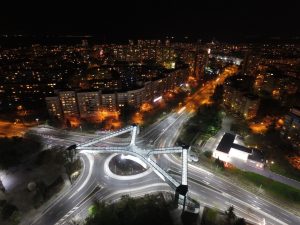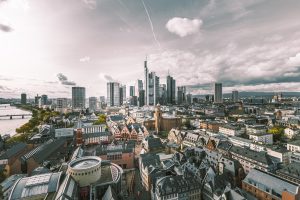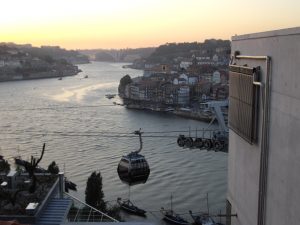
Earthworker Cooperative
For 22 years Earthworker Cooperative has brought the climate movement together with the labour movement to build cooperative manufactories and other cooperatives to enable communities to find ways out of the climate emergency. Today it is supporting a growing network of cooperatives in manufacturing, energy, and service sectors, including the award-winning Redgum Cleaning Cooperative.



